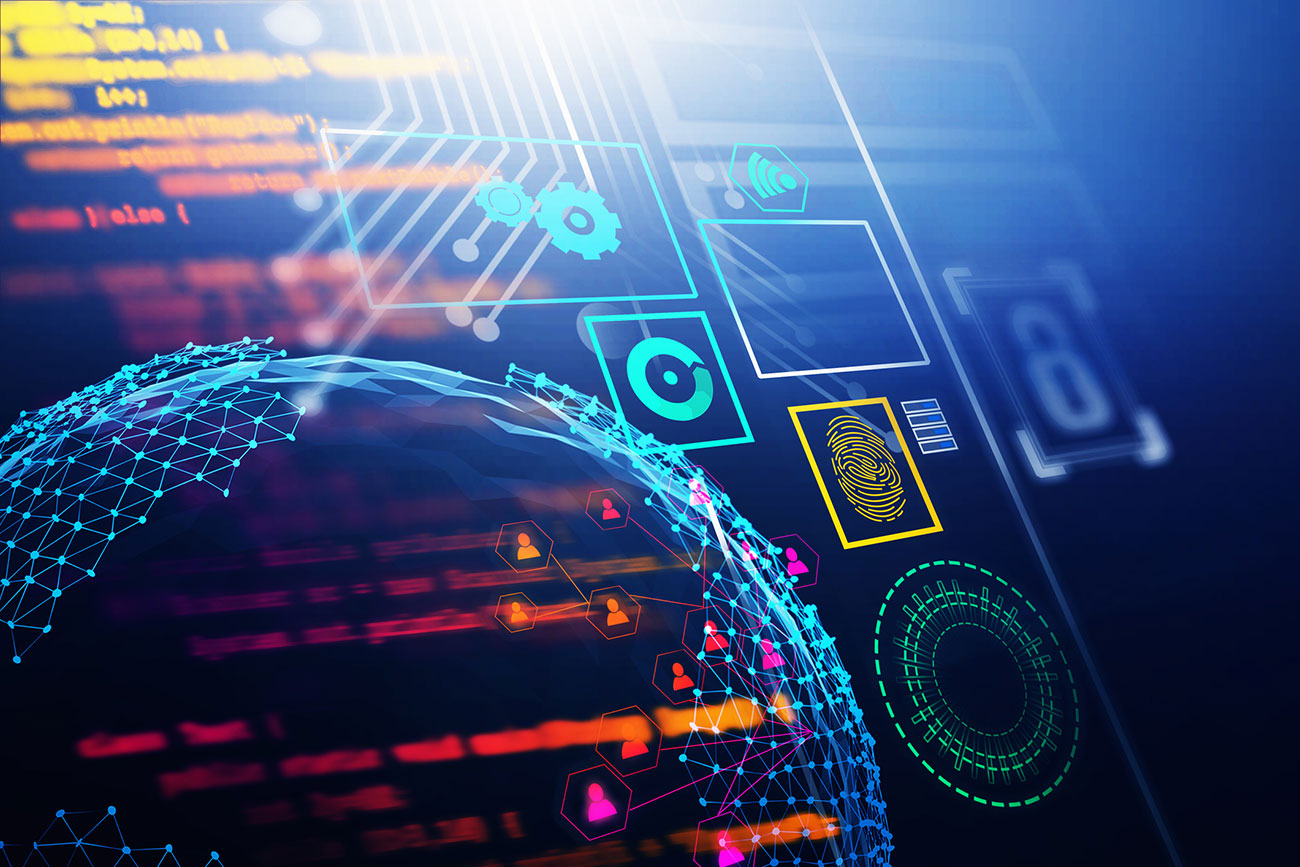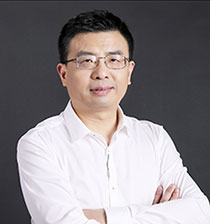Industry Leaders in Signal Processing and Machine Learning: Dong Yu

 Dong Yu is an IEEE Fellow, ISCA Fellow, and an ACM distinguished scientist. He is currently taking the role of a distinguished scientist and vice general manager at Tencent AI Lab. Prior to joining Tencent America in 2017, he was a principal researcher at the speech and dialog research group, Microsoft Research (Redmond), Microsoft, where he joined in 1998. He holds a Ph.D. degree in computer science from University of Idaho, an MS degree in computer science from Indiana University at Bloomington, an MS degree (with honor) in pattern recognition and intelligent control from Chinese Academy of Sciences, and a BS degree (with honor) in electrical engineering from Zhejiang University.
Dong Yu is an IEEE Fellow, ISCA Fellow, and an ACM distinguished scientist. He is currently taking the role of a distinguished scientist and vice general manager at Tencent AI Lab. Prior to joining Tencent America in 2017, he was a principal researcher at the speech and dialog research group, Microsoft Research (Redmond), Microsoft, where he joined in 1998. He holds a Ph.D. degree in computer science from University of Idaho, an MS degree in computer science from Indiana University at Bloomington, an MS degree (with honor) in pattern recognition and intelligent control from Chinese Academy of Sciences, and a BS degree (with honor) in electrical engineering from Zhejiang University.
We approached Dong Yu with a few questions:
- Q. In your own words, please tell us about your background.
I am currently taking the role of distinguished scientist and vice general manager at Tencent AI Lab. Prior to joining Tencent America in 2017, I was a principal researcher at the speech and dialog research group, Microsoft Research (Redmond), Microsoft, where I joined in 1998.
My research has been focusing on speech processing and recognition, multi-modal interactive systems, and recently natural language processing. My works have been recognized by the prestigious IEEE Signal Processing Society 2013, 2016, and 2020 best paper awards. I was honored to be elevated an IEEE Fellow and ISCA Fellow in recognition of my contributions in deep-learning-based speech recognition and processing.
I have served the IEEE community over the years as the associate editors, conference organizers, local section chairs, and technical committee members. Currently I am serving as the chair of the speech and language processing technical committee and the technical program co-chair of ICASSP 2021.
- Q. What challenges have you had to face to get to where you are today?
There were many challenges along the way. The biggest challenge is the existence of a long period of time when the field of speech recognition advanced really slowly despite significant efforts devoted to the field by many researchers and practitioners. There were pessimistic forecasts and the entice that we may make bigger impact or get better financial return if we choose to work on different problems. Fortunately challenges also come with opportunities. We finally made breakthrough.
- Q. What was the most important factor in your success?
There are several important factors. For example, I was lucky to collaborate with many talented researchers and interns in my career. The supportive research environment at Microsoft Research and Tencent AI Lab allowed us to attack hard problems and to pursue bigger impact even though this may mean slow or no progress within some period of time. My research methodology also contributed to my success. I have been trying very hard to innovate through better understanding of the problems and tools, and through better balance between exploitation and exploration.
- Q. How does your work affect society?
My work significantly improved the recognition accuracy of automatic speech recognition systems and caused a paradigm shift in both academia and industry. Nowadays many users feel that the ASR systems’ accuracy surpassed the threshold for adoption. This improvement significantly enhanced their experiences in using applications such as dictation and digital assistants.
- Q. If there is one take home message you would want the readers of this interview to have, what would it be?
Many innovations happen when you break the constraints, which may be imposed by your way of thinking, the angle you look at things, the available tools and devices, or the existing architecture.
- Q. Failures are an inevitable part of everyone’s career journey, what is the most important lesson you have learned during your career when dealing with failures?
Failures are not only inevitable but also part of our normal research life. Over the years, we have tried many innovative techniques and majority of them did not lead to the progresses we have hoped. However, our final success was built upon those failures as we learn no less, if not more, from failures than from successes.
- Q. Although novelty and innovation is the most important factor for technology advancement, when a researcher, scientist, or an engineer has a new idea, there are a lot of push backs until they prove the new idea actually works. What is your advice on how to handle them, especially for the readers who are in the early stages of their career?
It is very common for researchers, scientist or engineers to be skeptical of new ideas, esp. if the idea is truly novel or against their existing belief and philosophy. This is very healthy for scientific advancement. Our work on deep-learning-based speech recognition experienced the similar debate. We gradually convinced others by demonstrating the superiority of our new technique on challenging benchmarks, by helping others to reproduce our results, and by continuously improving the techniques. I think as long as the results and evidences are true and firm, the novel techniques or paradigms will be accepted and further investigated by the community sooner or later.
To learn more about Dong Yu and for more information, visit his webpage and LinkedIn profile.

